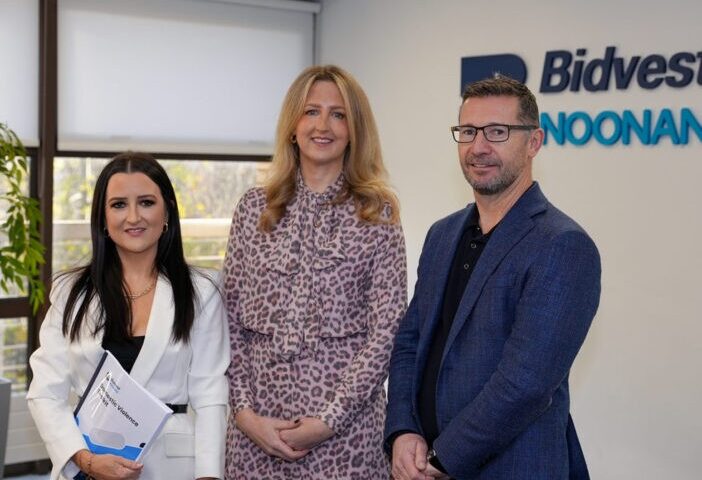Nearly eight out of 10 (77%) young people aged 13 to 18 said it was important for their future workplace to offer mental health support, research commissioned by Benenden Health found.
The ‘Generation Alpha in the workforce’ report showed that 39% of this group said mental health support was “very” important, and 74% believed it would help people feel happier and want to stay in their jobs.
45% of people aged 18 to 34 said they had taken time off work for mental health reasons, compared to 39% of those aged 35 to 54 and 29% of those aged 55 and above.
19% of young people rated mental health support as the most important factor when thinking about a future job.
Only 11% of teenagers thought they would have just one career, with 18% saying they would have two and 19% expecting three careers in their working lives.
46% said having a job that matches their values was important, and 47% wanted to work for a company that supports neurodivergent employees.
When asked to choose between high pay and mental health support, 56% of teenagers said both were equally important, 28% favoured higher pay, and 11% thought mental health support mattered more.
“Highly paid” was picked most often when asked about the most important job quality.
The research also found that younger workers are asking more for flexible working hours (48%), remote working options (41%), mental health support (40%), casual dress codes (39%), and gym memberships (32%).
59% of HR decision makers agreed that younger generations want different benefits compared to older staff.
83% of HR decision makers said it was important to make workplaces suitable for neurodivergent employees, and 51% said it was “very important”.
64% had seen an increase in neurodivergent staff asking for reasonable adjustments in the past year.
The top reason was that everyone needs to feel supported (64%), followed by boosting happiness (49%), increasing productivity (47%), and encouraging creativity (38%).
Dan Harris, founder and chairperson of Neurodiversity in Business (NiB), said: “With growing awareness of neurodivergent conditions, and a generation coming of age that is more open and informed than any before, now is the moment for employers to act with intention.
“Creating neuroinclusive environments is not simply a matter of compliance or fairness. It is a strategic imperative.
“When employers embrace the different ways that people think, process, and contribute, they unlock exceptional innovation, problem-solving, and creativity.”
Harris added: “We know that neurodivergent individuals often bring fresh perspectives and strengths that challenge conventional thinking… qualities that are increasingly essential in a fast-evolving world of work.
“As the working world prepares for the arrival of Generation Alpha, we are presented with an extraordinary opportunity to build truly inclusive workplaces that reflect the full diversity of human potential.
“To realise this potential, employers must equip themselves with the right tools and understanding. This means engaging with expert organisations, such as neurodiversity in business, and meaningful investment in training for leaders and HR professionals.”
He said: “Without awareness of the diverse ways neurodivergence can present, organisations may miss the chance to bring onboard those individuals whose remarkable talents don’t always conform to traditional expectations.
“Generation Alpha are growing up in a world that is more accepting of difference, and they will expect their workplaces to reflect those values.
“This report makes clear that and inclusive culture and tailored workplace adaptations are not optional extras, but priorities for the next generation of workers.”

















